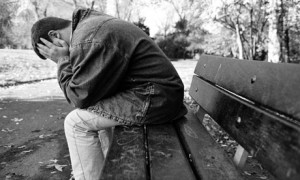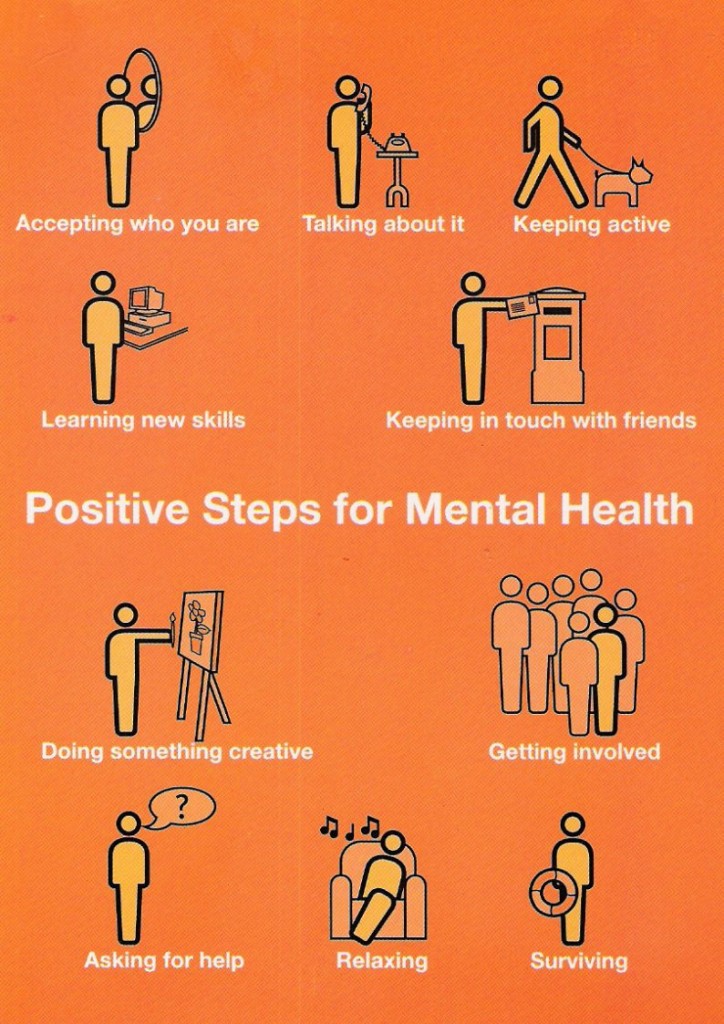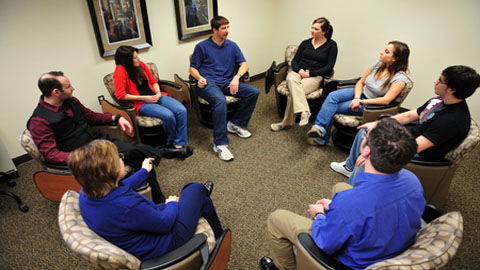In the Fil-Am community, there is a cultural mistrust against seeking mental health help. Among teens and young adults, who may fear shame from their community and peers for seeking help, this problem is also quite prevalent. Unfortunately, college students are at a high risk of facing high levels of stress and mental health illness. However, students also have the most resources available to them during their undergraduate (and graduate) years. One of these resources, which is considerably underutilized on campuses across the nation, is the school’s counseling center. The stigma that 'seeking help from a counselor means that you’re admitting defeat or weakness' often deters students from seeking help. Students dread being embarrassed and shamed. Some students even fear risking their academic career, and may choose to carry on silently with their struggle. However, choosing to get help and talk to a mental health professional can be a very positive and life-saving experience.
Why are college students depressed?
 Depression is increasingly more common among college students. For many students who go off to college, it can be an extremely trying transition period. Students have to get accustomed to new surroundings, influences and peers - all without close supervision or parental guidance.
Depression is increasingly more common among college students. For many students who go off to college, it can be an extremely trying transition period. Students have to get accustomed to new surroundings, influences and peers - all without close supervision or parental guidance.
This is a critical time of growth for college students, as they are learning responsibilities that they may not have had experience with before in the past. Students are becoming more independent, having to manage their time, and steering toward their future careers. Often, they don’t know the importance of taking care of their mental health, or don't know the steps to do so in a college setting. It's crucial that college students remember that they are not alone in whatever they are facing.
According to an Associated Press-mtvU poll, about four in ten college students are experiencing depression. Students who need mental health attention should not be afraid to get help. There’s nothing shameful about it, and it doesn’t make that person weak or incapable of dealing with their issues. Rather, making the decision to ask for help shows great strength and self-awareness.
What are the advantages to going to a counseling center during college?
- Services are free. While some students do inquire about mental health services at their counseling center, others don’t always know where to get help. Also, beyond college, it becomes more difficult to get help, especially when dealing with mental health coverage and insurance plans. Simply put, it is expensive to receive mental health help after college.
- Those who reach out and take advantage of counseling services experience a considerable decrease in their stress levels and worries.
- Students can still turn their life around and steer toward a healthier life, even if they feel like they have done too much damage to their academic (and professional) record and relationships with others. Anything that has fallen by the wayside can still be salvaged and improved.
- Students will be able to access more resources, especially if they need more intensive help. This includes getting outside counseling, receiving medical attention, or meeting with other mental health professionals.
What are some signs that someone should seek help?
- feeling down or hopeless
- violence and hostility
- suicidal thoughts
- self-harming actions
- changes in eating habits
- not sleeping enough
- not attending class
- not enjoying things that you used to
- substance abuse
- social anxiety
- academic stress
- conflict at home
Are there alternatives to the counseling center?
- Call the national suicide prevention line: 1-800-273-TALK (8255).
- Talk to someone you trust: parent, family member, teacher, primary care physician, spiritual leader
- Seek additional support here.
- Read more information here.
- If you want to get involved with mental health on your campus or in the community, contact your local Active Minds chapter or NAMI chapter.
Photo credits: The Guardian and and Sujen Man


